“Trouble does appear to be brewing once more”
In just a few months Europe will mark the centenary of the start of the Great War. There will, of course, be no celebrations, merely sombre reflection on one of the most senseless and destructive conflicts in human history.
More than 16 million people died. However, despite the grim human toll this was not the war to end all wars, instead it just sowed the seeds for another even more appalling conflict a mere 20 or so years later. Germany’s perceived injustice at the Treaty of Versailles led to a rise of nationalism that was exploited by Adolf Hitler, who found – in the Jewish religion – a convenient scapegoat for all the country’s woes. Right-wing movements also sprang up elsewhere in Europe throughout the 1920s and 1930s – notably in Italy and Spain where ultimate power was seized. Other countries including the UK, Belgium, Portugal, Poland and Greece also had sizeable groups from the far-right at this time.
While the rise of fascism was triggered by different reasons in many of these countries, there were also common grievances such as bitterness and resentment at the impact of the straitened financial circumstances that became the Great Depression of the 1930s. Europe has changed almost beyond recognition since those dark days, yet disturbing similarities remain today.
Right-wing politics has always flourished during periods of adversity where causal accusations could be laid squarely at the door of particular societal groups or organisations. Now is such a time once more. For the past decade those European parties that have campaigned on an anti-immigration platform have seen support grow steadily. However, the real catalyst has been the global financial crisis.
The 1929 Wall Street Crash was echoed in the collapse of Lehman Brothers in 2008 – two events on the other side of the Atlantic that had huge economic and political repercussions for Europe. The eurozone was meant to bring financial strength and unity to the continent, but the aftershocks of the US financial meltdown also led to its near ruination.
Economic Armageddon was narrowly avoided yet Europe remains on a perilous precipice. This situation has played directly into the hands of the right who now have another target – the EU. Last month the leader of the right-wing Dutch Freedom Party Geert Wilders joined forces with French National Front leader Marine Le Pen ahead of next year’s European elections.
Le Pen described it as “an historic day”. “The time of patriotic movements being divided is over,” she said. Wilders called it the “start of the liberation of Europe from the monster of Brussels”. Where once such a move would have raised eyebrows but not enormous concern, there are now genuine fears about the potential implications of this growing alliance.
They have plenty of support for their twin campaign policies: to give EU countries the powers to control their own economies and borders once more. And there are other parties elsewhere that could find such an alliance attractive, including Vlaams Belang in Belgium, the Danish People’s Party, the Sweden Democrats, Freedom Party in Austria and Italy’s Lega Nord. Many of these are expected to win a large number of votes in the 2014 European elections next May. Their reasons for working together may be varied but most share broad views on EU powers and fears over immigration.
Long-term unemployment, collective austerity measures and the influx of migrants, both from within the EU and beyond, have given this group of right-wing parties a collective cause. If voters support them in the numbers predicted and the parties stay together they could infl uence EU laws as a bloc. Even if they do not wield enough power to ultimately change policy they could at least stifl e or derail decision making processes.
A more chilling prospect might be the effect that such power has outside Brussels – emboldening supporters to take to the streets and apply more direct action against common enemies, who or whatever they might be. Anarchist groups across Europe often come together for street protests – it is not inconceivable that like-minded members of the far right could do the same en masse. In the 1930s, propaganda was a key element of galvanising people to their cause. Today’s leaders have the internet, social media and instant messaging to promote their causes for immediate action.
While it is unlikely that we will ever again see the level of mass extremism that brought such misery to the continent during the fascist era, trouble does appear to be brewing once more. History may not be repeating itself, but there is little doubt next May’s European election results will be among the most closely watched for many years.





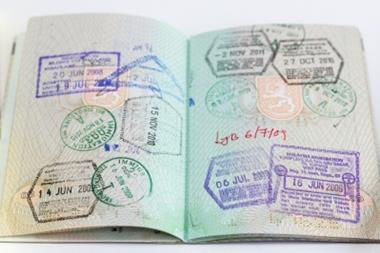

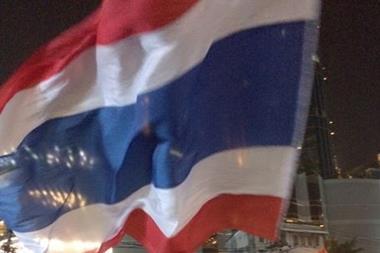
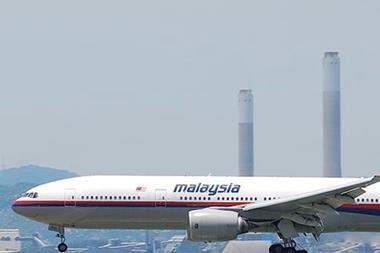


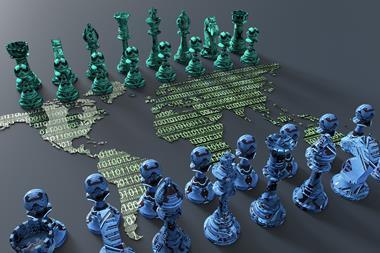



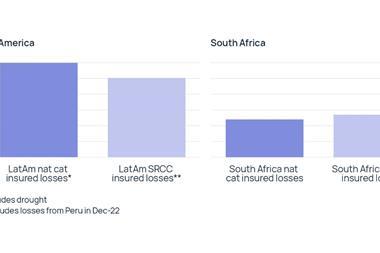
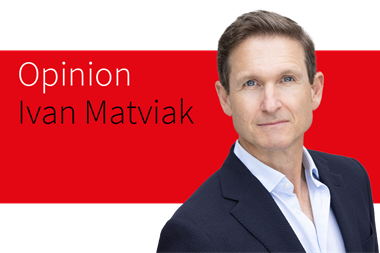



No comments yet